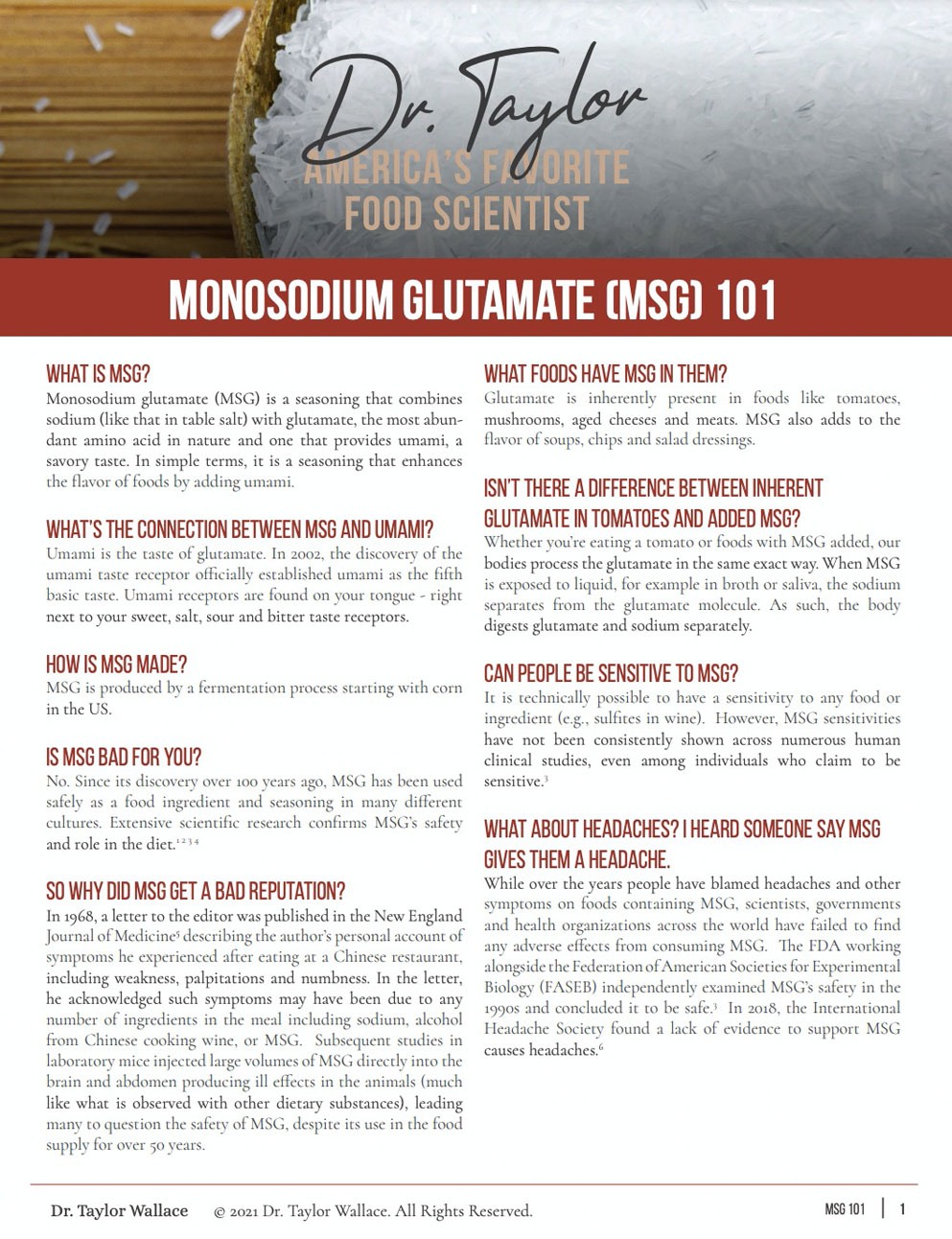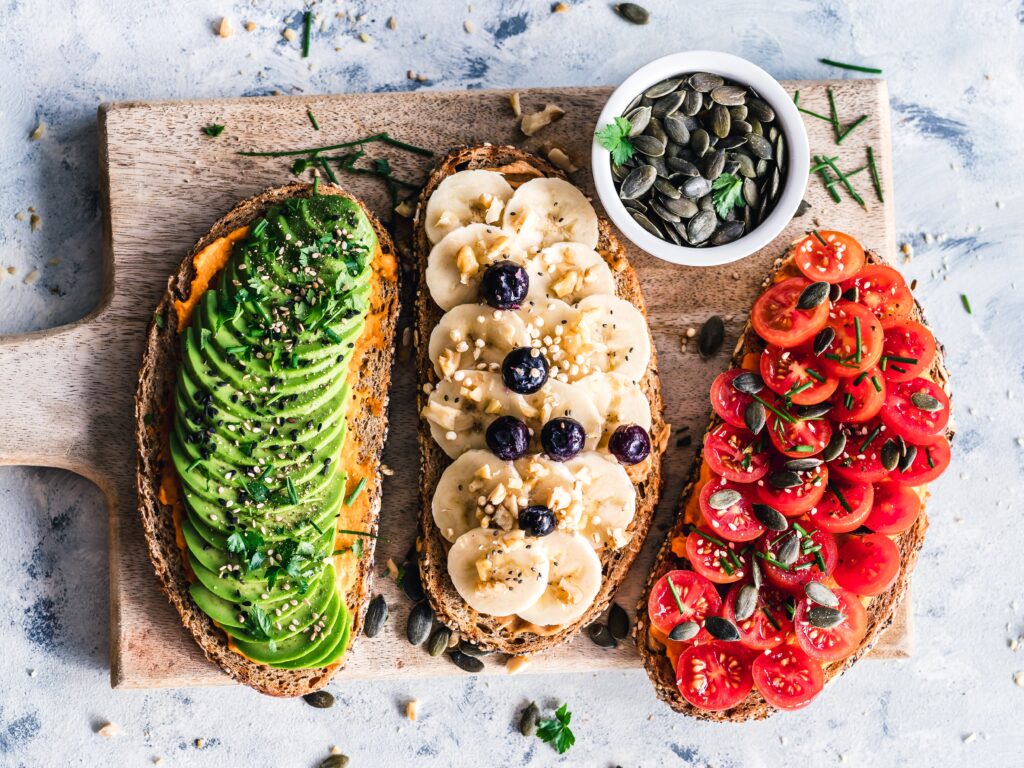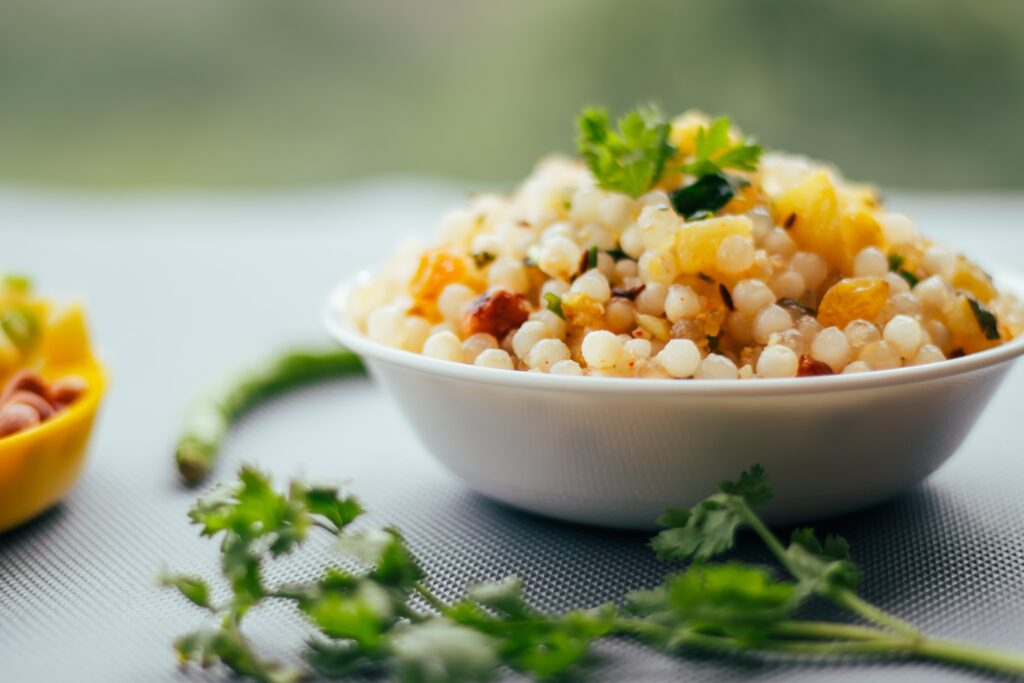Cooking Oils: How to Choose the Healthy Alternative

- August 26, 2014
Feeling overwhelmed about how to choose a healthy alternative for cooking oils? Supermarket shelves are full of options. Let’s learn how to pick the best one.
Cooking oils: cheap vs. expensive options
Health-wise, buying liquid vegetable oils is a winning move. Butter or lard are solid fat, so let’s stay away from them. Liquid oils do not contain trans-fat, which can raise your bad cholesterol levels. This is why we must limit their usage.
Cost-effective options are soybean oil, canola oil, sunflower oil, and corn oil. Soybean is a source of “heart-healthy” fats: they decrease the risk of cardio diseases. The other three are healthful “all-purpose” options that are more cost-effective.
But if you got the bucks, olive and sesame oil are the way to go. They can help you cook flavorful, tastier culinary creations.
The unique benefits of olive oil
Studies of the Mediterranean diet have suggested many unique benefits of olive oil. Extra-virgin olive oil is flavorful and rich in antioxidants, for example. But it’s only good for salad dressing due to its low smoke point.
And what’s a smoke point, you may ask? It’s when oils being to burn, creating compounds that are bad for you. They also send the nutrition up in towers of smoke. No, no. Unhealthy.
Processed olive oil is better for cooking. It may remove many natural antioxidants, but it’s still way healthier than the other one. Large amounts of the antioxidants in extra-virgin olive oil get lost during storage.
Be mindful of the storage and of TV chefs
A final word of advice. Mind the storage time of the oils you get. Storage is a big concern for most artesian oils intended for salads or finishing a dish.
TV chefs may tout walnut oil, toasted sesame oil, or other exotic options, but don’t fall for it. It’s better to buy in small quantities and store them in the refrigerator. These oils can become rancid extremely fast.
Remember: all fats and oils contain about 90 calories per tablespoon! Even the heart-healthy ones! As always, moderation is key to a healthy lifestyle!








